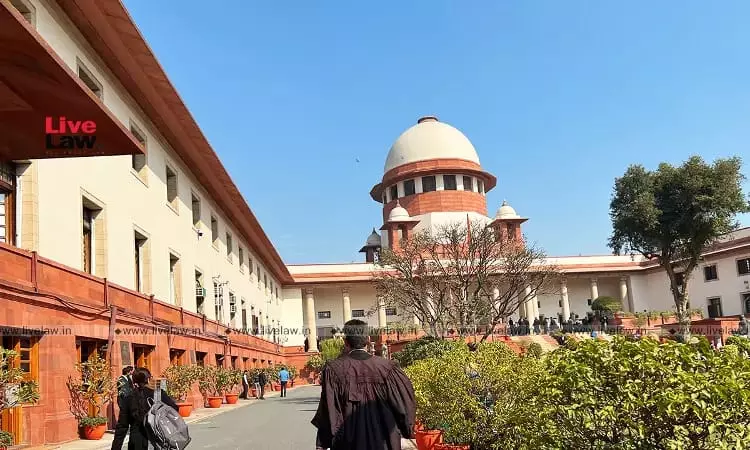Supreme Court Expresses Anguish At States Not Implementing Prohibition Of Manual Scavenging Act
Sheryl Sebastian
27 July 2023 8:24 PM IST

Next Story
27 July 2023 8:24 PM IST
The Supreme Court on Thursday, while hearing a PIL on implementation of Prohibition of Employment as Manual Scavengers and their Rehabilitation Act, 2013 asked the Centre, why the states have not taken action on implementation of the Act.A Division Bench of Justice Ravindra Bhat and Justice Aravind Kumar was hearing the matter During the course of the hearing Amicus Curiae appointed by the...
